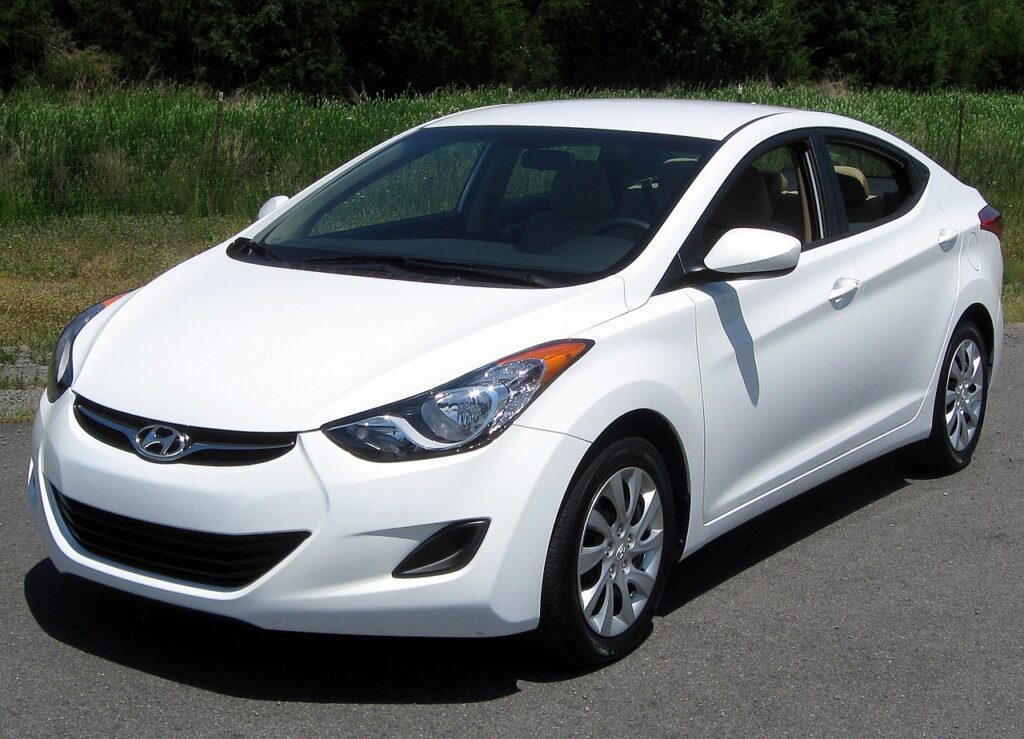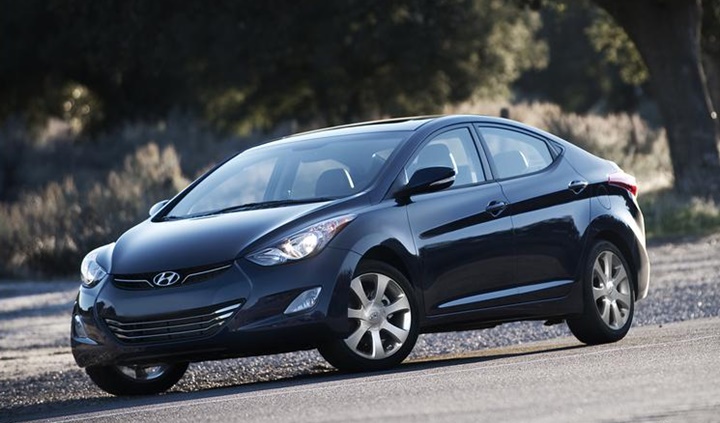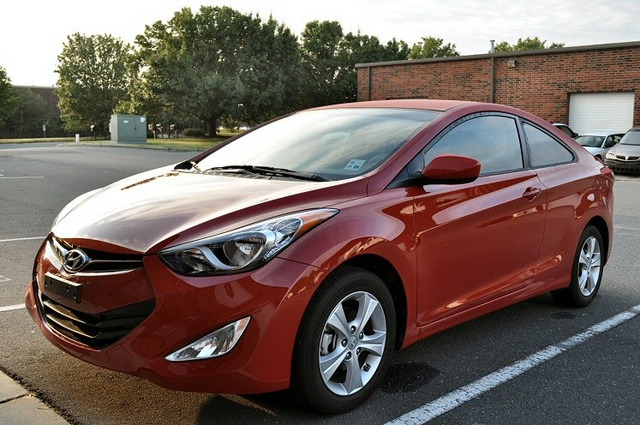Hyundai’s Elantra is a popular car that offers excellent fuel efficiency and a top-notch warranty. However, there are some issues that can pop up from time to time.
Some of the most common problems include engine and steering issues. The 2013 and 2016 models are especially problematic. These two models have a high number of owner complaints and high repair costs.
Engine
Fresh from a complete redesign, the 2013 Hyundai Elantra is one of the most popular vehicles on the market. However, it has also earned a lot of bad press due to its high number of owner complaints and several recalls.
A large number of owner complaints involve power steering problems, as well as engine failures that could lead to costly repairs. Additionally, the car is prone to battery drain and faulty brake lights that may prevent other drivers from seeing your vehicle when slowing or stopping.
Another problem with the Elantra is that its rear end does not stay in line with the front of the vehicle when driving over bumps at speeds of 30 miles per hour and up. This causes the rear wheels to lurch and shift, which can cause a crash.

Wheels
The 2013 hyundai elantra is a well-made compact car that provides a good driving experience for the price. But it also has a number of mechanical problems that may require high repair costs at some point during its life.
Wheels are a common problem on a Hyundai Elantra, and they usually require replacement after a few years. They are typically replaced for two reasons: damage and cosmetic appeal.
A class action lawsuit alleges that some wheels on late model Hyundai vehicles have a defect that causes them to wear out prematurely. The plaintiffs claim that the automaker should acknowledge and pay for these problems.
A faulty wheel can cause your car to lurch, shift side to side and lose traction on wet or icy road conditions. It can also make your braking system work harder and reduce the fuel efficiency of your vehicle.

Brakes
Brakes are one of the most important safety features in a car, and they should always be in top shape. You should also be sure to maintain them by having them inspected and repaired when necessary.
In addition to the obvious safety reason, maintaining your brakes will also help ensure that they don’t break down before their time and shorten their lifespan. This is particularly true if you drive a lot on the highway and keep your braking under control.
Hyundai and Kia have issued a recall for 2013 Elantra models, and the reason is that the brake pedal stopper pad can deteriorate, allowing the switch plunger to remain in place even after the brake pedal is released. This can cause the brake lights to stay on indefinitely, causing other drivers to not know if you’re braking or not and could result in rear-end collisions. It can also allow the vehicle’s transmission to be moved out of park without the brake pedal being pressed, which could increase the risk of roll-away accidents.

Electrical System
The electrical system is a crucial component of any vehicle. It powers everything from convenience systems to safety features. It also allows the car to start and run properly.
It is important that any problems with the electrical system are fixed quickly and professionally. A malfunctioning electrical system can cause the vehicle to stop working altogether.
This can be dangerous for motorists and passengers. They may not be able to alert other drivers of their presence, and they could potentially be trapped in the car.
The electrical system is one of the most complicated components of a vehicle. It can be difficult to diagnose, and technicians often rely on years of experience and extensive training in order to find the root of the problem.

Fuel System
The fuel system is a critical component of your vehicle. It consists of a tank that stores gasoline, a pump that takes it from the fuel tank to the engine, and injectors that deliver fuel to the engine.
When the fuel system is not functioning properly, your vehicle’s performance can suffer significantly. This can result in a bad gas mileage, sluggish acceleration, and dirty spark plugs.
If you’re experiencing any of these issues, it’s important to address the problem as soon as possible. The sooner a problem is addressed, the less damage will be done to your vehicle.

